Judge tosses NYC squatters lawsuit claiming rights to $930K Queens home after they tried using Shake Shack receipt to prove home was theirs
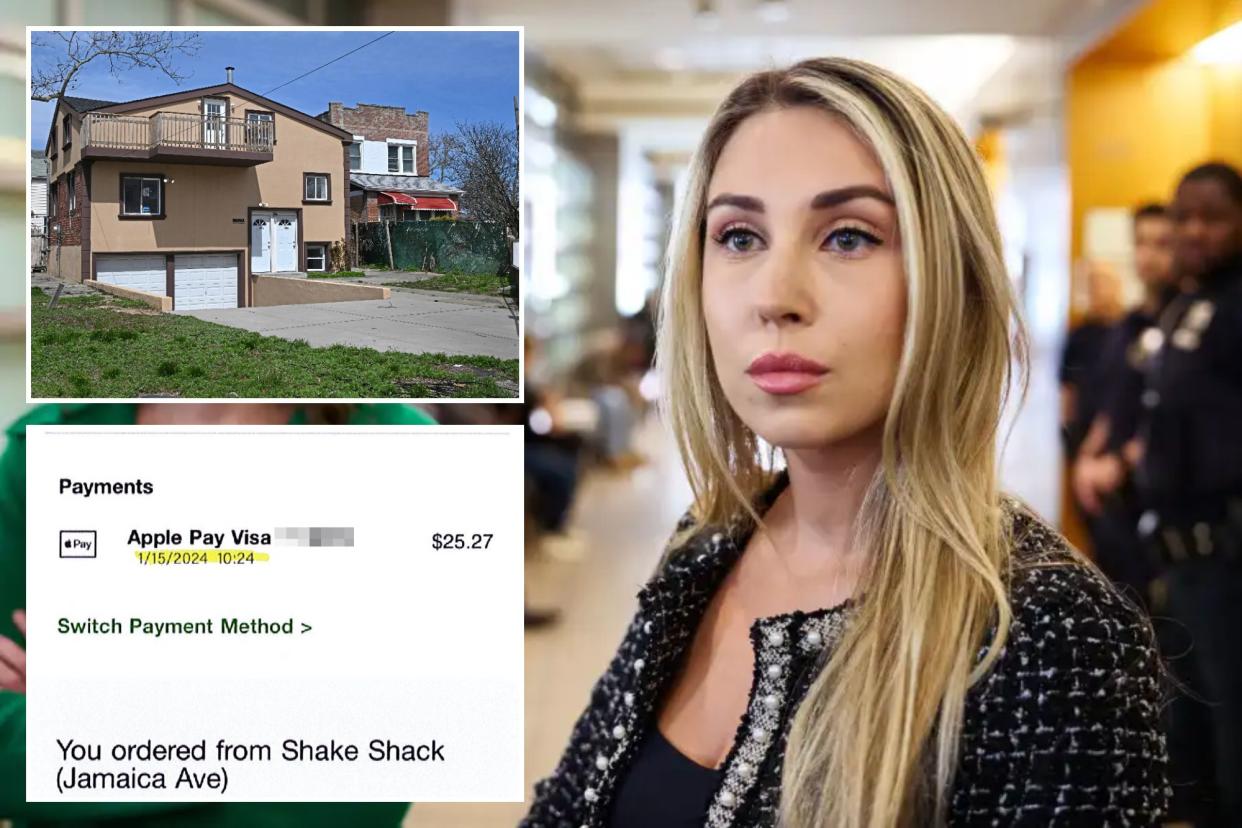
A judge has dismissed a lawsuit brought by a pair of alleged squatters who sued the owners of a $930,000 Queens home after cops escorted them off the property last month.
“The case is over,” the couple’s attorney Rizpah Morrow told reporters outside Queens Civil Court Friday, shortly after Judge Vijay Kitson discontinued the case with prejudice, meaning the claim cannot be refiled.
“The landlords, the owners, own the house, they have possession. The people who said they were locked out have walked away from the situation. They are no longer requesting to be restored to possession and we still have their stuff,” she said.

The two men did not show up for their scheduled court appearance.
One of the home’s owners, Juliya Fulman, told reporters that although they prevailed in the case, the systemic issues it highlights remain, making it a hollow victory.
“Right now, there is a very big problem with these criminals and these squatters. Lawmakers need to make laws in order to protect the people, the citizens,” she told The Post outside the courtroom.
“These criminals are trying to drive people out of New York, and that is not going to happen,” she continued.
“I still don’t feel like I have the full justice in this case because there are people who broke into my house. They claimed they had property there. I would like to know how they got property there.”
The couple had spent over half a million dollars renovating the Jamaica residence as an investment property. Fulman told The Post last week that she incurred thousands of dollars in legal fees defending the ownership of her home.
“I want justice. I want these people to come forward. I want them to say how they got into the house, how their belongings got there, and yeah, it would be very good for them to reimburse us for all of our time and legal fees, so coming here today I don’t know if we accomplished much,” she said.
The suit, filed March 14, had claimed the men were unlawfully removed from the residence, which they said they were legally renting from Fulman and her partner Denis Kurlyand since January.

In their filing, the alleged squatters, identified in court records as Lance Hunt and Rondie L. Francis, presented a range of evidence, including a signed lease agreement, several pieces of mail addressed to the home and even a fast food delivery receipt, all dated within the timeframe the men claimed to be living there.
The unusual legal standoff began in March, when the couple’s real estate broker, Ejona Bardhi, discovered the two unknown men were occupying the Jamaica home and had changed the locks.
She called the police, and when they arrived, Rondie and Hunt claimed they had been living in the Lakewood Avenue duplex for months.
Unable to provide proof, the men left the premises without incident.
However, they returned the next day with what they said was a lease agreement they’d signed to rent the home. Fulman and Kurlyand denied this, saying they’d already rented it out to other families.
The couple presented officers with paperwork proving they were the rightful owners and timestamped surveillance footage showing that the house had been vacant since January.
Cops escorted the men from the property and the couple changed the locks. Upon entering, they said they found signs of damage inside, including scuffed-up floors, scratches on the wall and a strong odor of marijuana throughout the home.
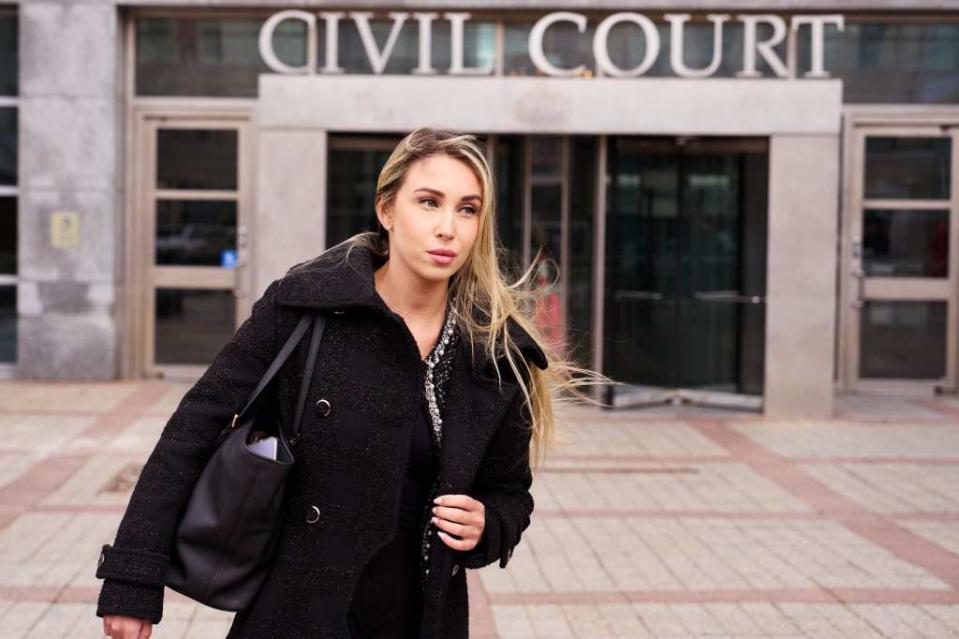
Then on March 15, Fulman and Kurlyand got the shock of a lifetime: they were being sued by the men, along with Bardhi and the real estate company handling the site, Top Nest Properties.
The alleged squatters were granted an emergency lockout hearing March 22 in Queens Civil Court, during which their attorney Morrow asked Judge Kitson for a trial, arguing that the men had “perpetrated a fraud.”
Kurlyand told The Post last week that Hunt and Francis showed up to the initial court date with “forged documents” cobbled together from public records and hastily Photoshopped.
“They found whatever they could and threw it all together. The lease they presented is ridiculous — signed on Jan. 1 and starting Jan. 1,” he said.
Fulman added, “I don’t know how they had the audacity to show up in court.”
Among the pieces of evidence the men provided to prove they had been legally occupying the home since January was a $25 receipt for a Shake Shack food delivery.
According to the suit filing, the men claimed to have paid $4,000 to cover the security deposit and first month’s rent under the terms of the lease agreement, which was both signed and went into effect Jan. 1.
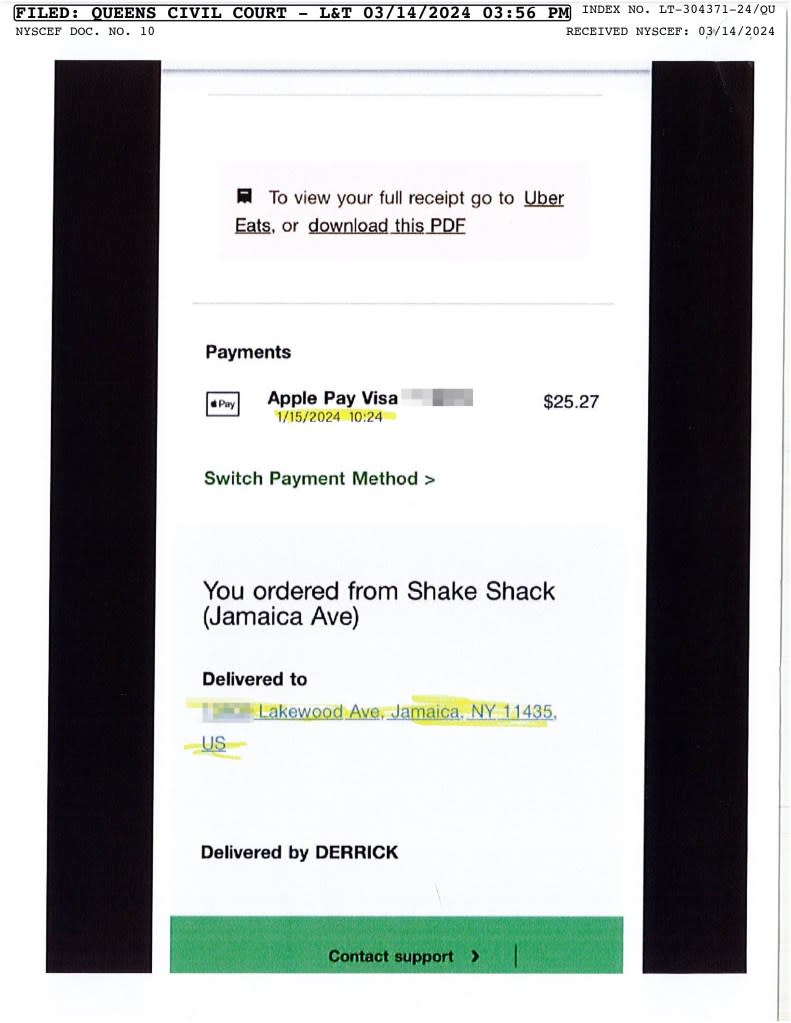
They further claimed to have “dutifully” paid rent on Feb. 1 and March 1.
“It seems like a real abuse of this court process when there are so many tenants out there that need the court intervention,” Morrow said after Friday’s ruling.
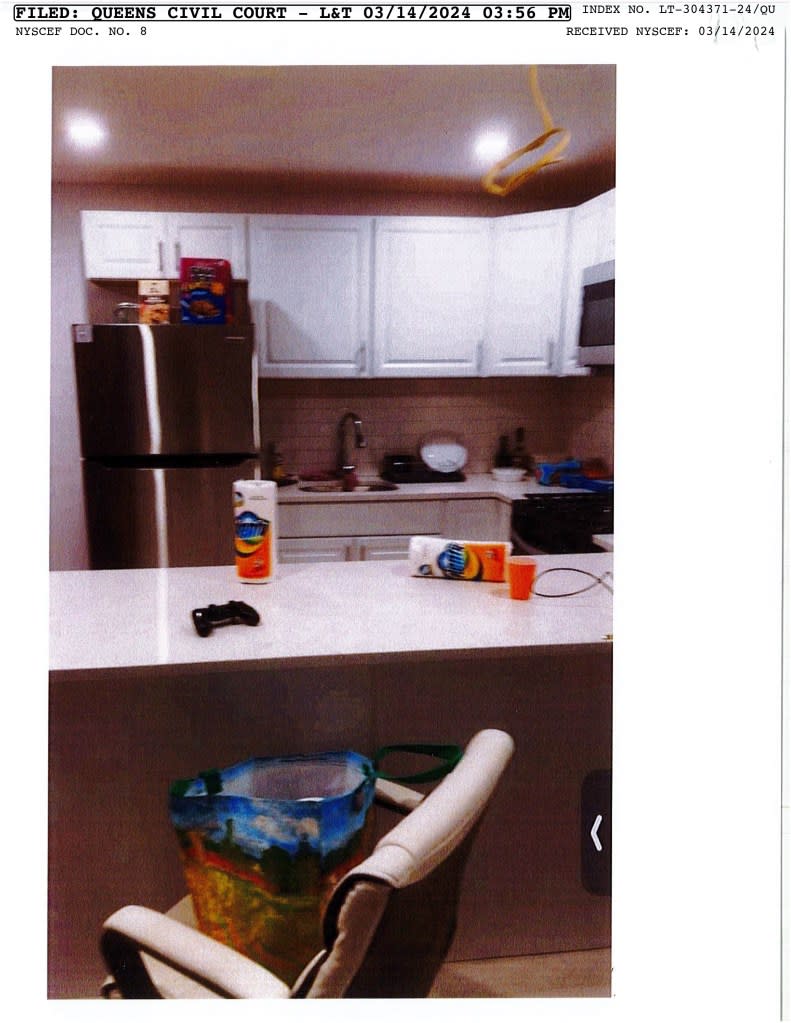
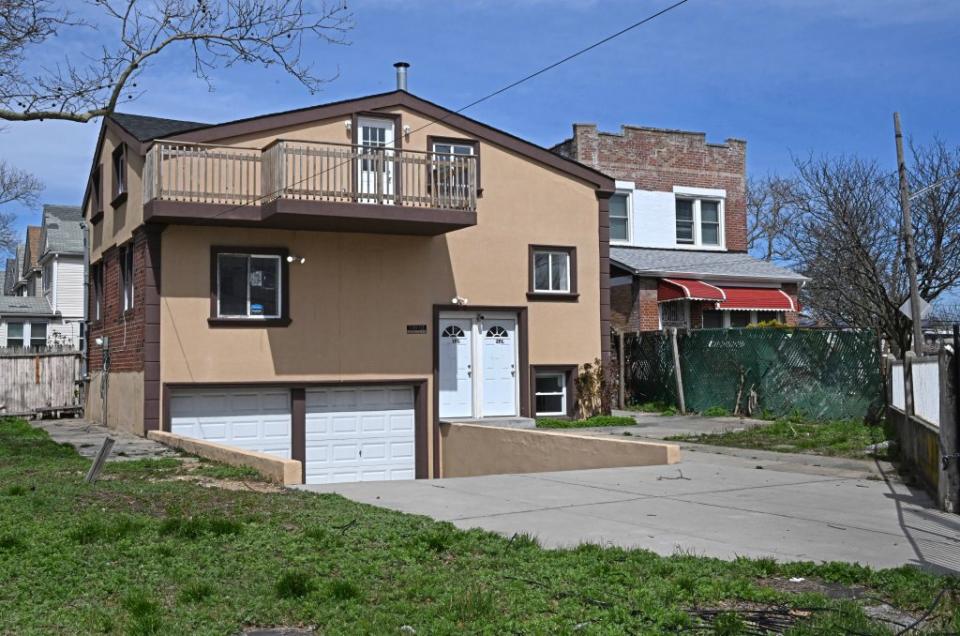
“The court feels that he has done as much as he can do in the context of this proceeding … He didn’t put them back into possession so I guess that’s a win.”
Under New York City law, squatters only have to occupy a property for 30 days before they can claim legal protections, which can make it extremely difficult for the owner to evict.
Bardhi told The Post the entire case is an indictment of how squatters’ rights matters are handled in the NYC legal system.
“It almost makes you feel like there is a system in place where you can just get a house for free,” she said.
“You just have some keywords you can tell the police.”
The alleged squatters’ lawyer, David Harris, did not respond to messages from The Post seeking comment.

